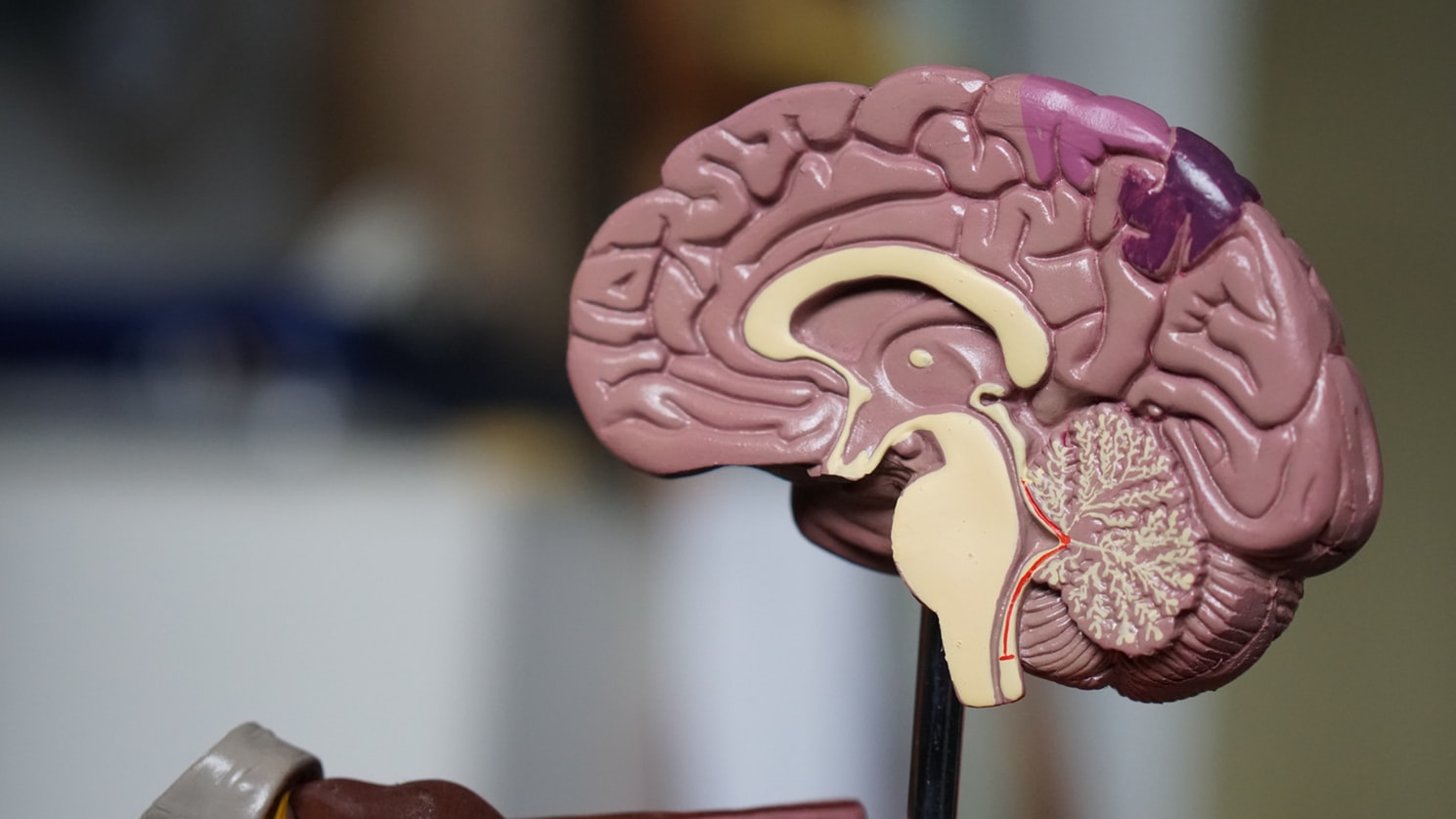
Approximately 6.2% of Americans aged 18 years old and older meet the clinical criteria for alcohol use disorder. When most people think about drinking-related problems, they picture car accidents, fights, and run-ins with the police. But problem drinking can also lead to a range of severe and sometimes irreversible health problems. The more someone drinks and the longer someone drinks without quitting, then the higher their risks of developing cancer, liver damage, sexual dysfunction, and nutritional deficits. These dietary deficits can lead to a condition called wet brain.
What is the Official Medical Term for Wet Brain?
Wernicke-Korsakoff syndrome is the official name for wet brain. This condition is named after the two doctors who first identified its stages: Carl Wernicke and Sergei Korsakoff. The disorder is broken down into two stages called Wernicke’s encephalopathy and Korsakoff’s psychosis.
What is Wet Brain?
When someone drinks large amounts of alcohol over a long period of time, they can experience a form of permanent brain damage called wet brain. Wet brain happens when a person is deficient in vitamin B1, or thiamine. The body needs adequate levels of thiamine, a water-soluble vitamin, for heart and nervous system function. Thiamine also helps the body maintain the right levels of glucose in the bloodstream. Without it, thiamine deficiency can cause a variety of problems.
While thiamine deficiency can happen to people with poor diets, it is more common in those who drink heavily over the course of many years. Alcohol not only prevents the body from getting enough thiamine from a person’s diet, but alcohol use also depletes the body’s thiamine stores, which are held in the liver. The enzymes that turn thiamine into an active compound the body can use are preventing from working when someone consumes large amounts of alcohol.
Every part of the body needs thiamine to function, with some bodily systems using more of the vitamin than others. There are enzymes in the brain that need thiamine, including several critical neurotransmitters. When someone doesn’t get enough thiamine over a long period of time, they will develop brain damage or wet brain.
There are two forms of wet brain syndrome called Wernicke’s encephalopathy and Korsakoff psychosis. With Wernicke’s encephalopathy, a person will develop neurological symptoms because the brain is suffering from lesions that form from a lack of adequate thiamine. Mostly, these neurological symptoms are related to memory problems. Once the signs of the first part of the wet brain syndrome diminish, a person can develop the symptoms of Korsakoff’s psychosis. This is permanent.
The Two Stages of Wet Brain
There are two stages of wet brain syndrome: Wernicke’s encephalopathy and Korsakoff psychosis.
Wernicke’s encephalopathy is the initial stage and is defined by the development of neurological symptoms due to the brain suffering from lesions formed from a lack of adequate thiamine (vitamin B1). Thiamine is essential for brain function, and its deficiency can lead to a range of issues. Mostly, these neurological symptoms are related to memory problems, confusion, and loss of muscle coordination. Other signs may include abnormal eye movements and difficulties with balance and walking. Without timely treatment, the condition can worsen rapidly.
If Wernicke’s encephalopathy is not treated promptly, it can progress to Korsakoff psychosis, the chronic and more severe phase of wet brain syndrome. This stage is characterized by severe and permanent memory problems, including the inability to form new memories and significant gaps in long-term memory. People with Korsakoff psychosis might also experience confabulation, where they unconsciously fabricate stories to fill in memory gaps. This condition is considered permanent, and while some symptoms can be managed with treatment, full recovery is rare.
Is Wet Brain Reversible?
The reversibility of wet brain, also known as Wernicke-Korsakoff syndrome, largely depends on the stage at which it is diagnosed and treated.
In the early stages, specifically during Wernicke’s encephalopathy, there is potential for reversal if the condition is quickly identified and treated with high doses of thiamine. Early intervention can halt the progression of neurological damage and may even reverse some of the symptoms. Patients typically require immediate medical attention, including thiamine replacement therapy administered intravenously, along with proper nutritional support to address any underlying deficiencies.
However, once the condition progresses to Korsakoff psychosis, the prospects for complete recovery diminish significantly. This stage is marked by chronic and severe memory impairments and cognitive deficits that are often permanent. While some individuals may experience partial improvement with ongoing thiamine supplementation and abstinence from alcohol, the brain damage incurred at this stage is generally irreversible. Long-term management focuses on mitigating symptoms and preventing further deterioration rather than achieving full recovery.
The extent of recovery can be influenced by several factors, including the duration and severity of thiamine deficiency, the patient’s overall health, and their commitment to maintaining a healthy lifestyle, including complete abstinence from alcohol. Continued medical and nutritional support plays a large role in improving the quality of life for those affected by wet brain.
What are the Symptoms of Wet brain?
Symptoms vary depending on where someone is in the progression of the disorder. Approximately 80% of people with the first stage of wet brain will go on to develop Korsakoff’s psychosis. In the early stage, or Wernicke’s encephalopathy, symptoms are primarily neurological and can be severe if left untreated. These symptoms include:
As the condition progresses to the chronic stage, or Korsakoff’s psychosis, the symptoms become more focused on cognitive impairments. The key symptoms of Korsakoff’s psychosis include:
While early intervention during the Wernicke’s encephalopathy stage can prevent the progression to Korsakoff’s psychosis, many individuals do not receive treatment in time. It’s important to recognize the early signs of this condition and seek prompt medical care.

Who is Most at Risk of Developing Wet Brain?
About 80% of people with alcohol use disorder have a thiamine deficiency, and up to 2% of the total U.S. adult population has Wernicke-Korsakoff syndrome. However, it is not well understood who has wet brain because of alcohol abuse or from poor nutrition. It is also not possible to accurately estimate who all has wet brain because many people with severe alcoholism do not seek treatment or are homeless and are not evaluated for the condition. However, current statistics show that more men than women have wet brain, and the age groups most affected by the disorder are between the ages of 30 and 70.
The level of brain damage that occurs with wet brain is directly correlated to how much and how often someone drinks. People who start problem drinking at young ages, and drink heavily will be at higher risk of developing wet brain than those who drink moderately or don’t develop alcoholism until they are older. A person’s gender and their age also impact rates of wet brain.
It is also possible that genetics can play a role in the extent of brain damage from alcoholism. People with a family history of alcohol use disorder may be at higher risk of wet brain, and people who were exposed to alcohol while in the womb are at higher risk as well. Someone’s overall health can also impact their chance of getting Wernicke-Korsakoff syndrome.
How Dangerous is Wet Brain?
Wet brain can lead to coma and death, with up to 20% of people with wet brain dying from the condition. Up to 85% of those who survive the first stage of wet brain will go on to develop the symptoms of Korsakoff’s psychosis.
While wet brain is not something that can be cured, doctors can reverse some of the symptoms or at least slow the progression of the disorder if they can intervene quickly enough. Certain aspects of the condition can be helped with medication and treatment, while issues with memory loss are typically permanent. Early intervention in cases of Wernicke-Korsakoff syndrome is the most effective for reversing course and saving someone’s life. People who exhibit signs of wet brain need to seek treatment for alcoholism and achieve and maintain sobriety to prevent and minimize the occurrence of permanent brain damage.
Alcoholism is dangerous and deadly, but it is treatable. Many of the health issues that can occur with heavy and prolonged drinking can be reversed or at least lessened. But treatment from a team of experienced clinicians is critical. If you are struggling with alcoholism, please reach out to the therapists and addiction counselors at Mission Harbor Behavioral Health today.
Get Help Now
Alcohol addiction is extremely difficult to overcome on your own.. Seek specialized help and let professionals guide you in your recovery.

